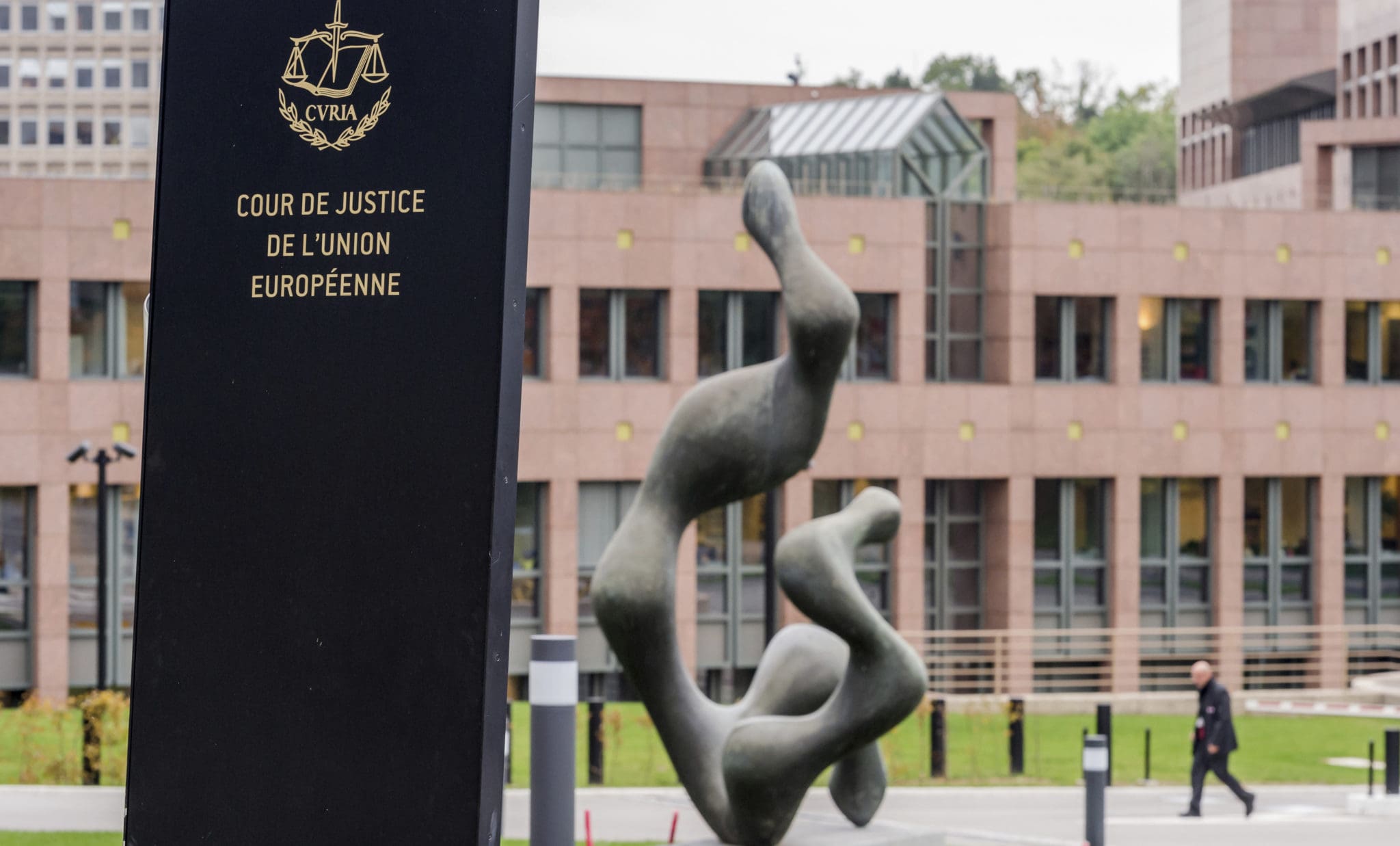The European Court of Justice (ECJ) on Thursday provided clarification regarding the conditions that must be met for a member state to revoke refugee status from foreign criminals.
The Luxembourg-based court issued its ruling in response to queries from courts in Belgium, Austria and the Netherlands, all of which have been asked to consider the legal grounds for withdrawing refugee status from third-national criminals.
In line with EU law, member states are only permitted to refuse or revoke the refugee status of individuals who satisfy two key conditions, the court held. First, they must have been “convicted of a crime considered by the competent authorities to be particularly serious,” and second, the individual must constitute “a genuine, present and sufficiently serious threat” to the local community.
The fact the individual has been convicted of a serious crime is not in itself sufficient to fulfill the second requirement, the court added. However, it did not provide any hypothetical situations for what type of “serious” crimes would not cause the transgressor to represent a “serious threat” to the community.
Such a ruling would suggest that third-national criminals convicted of white-collar crimes such as fraud, for example, would not be eligible for revocation of their refugee status.
The court also ruled that member states should make their decision on whether to revoke an individual’s refugee status in line with the principle of proportionality and must weigh the interests of the refugee against those of the member state. Authorities, however, do not have to take into account the consequences for the individual of being sent back to their home country.
The Dutch court asked for further clarification as to what constitutes a serious crime, which the ECJ defined as a crime of “exceptional seriousness, in so far as it is one of the crimes which most seriously undermine the legal order of the community concerned.”
It added that the degree of seriousness cannot be attained by a combination of separate offenses, suggesting that authorities would have difficulty in revoking the refugee status of migrants who terrorize communities with low-level crimes such as burglaries, assaults and petty thefts.





